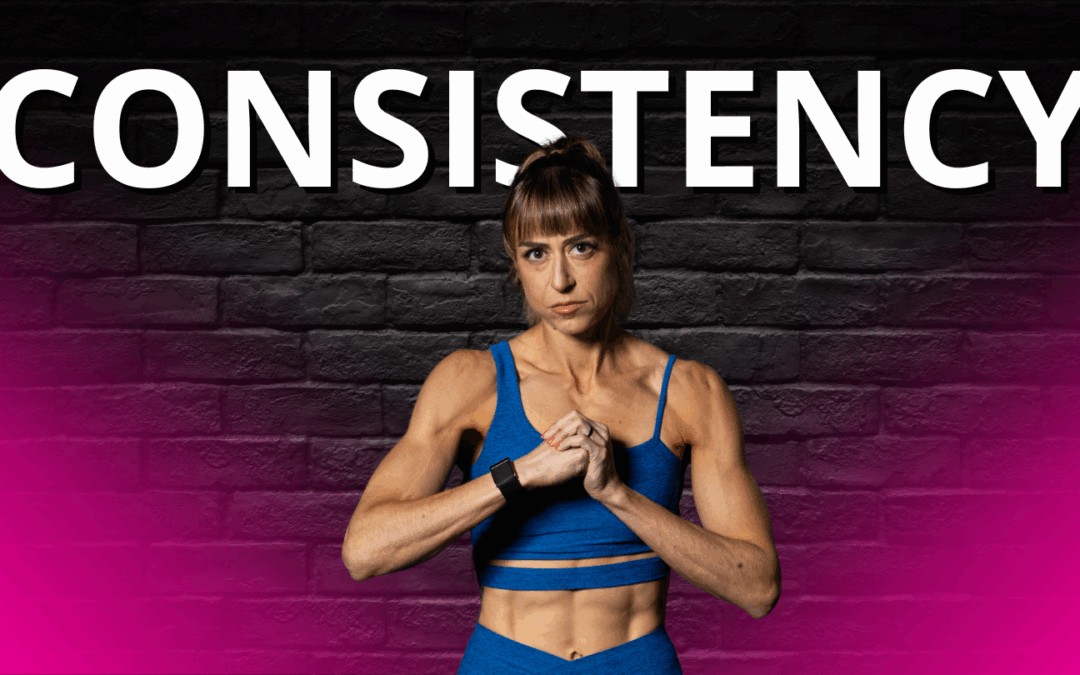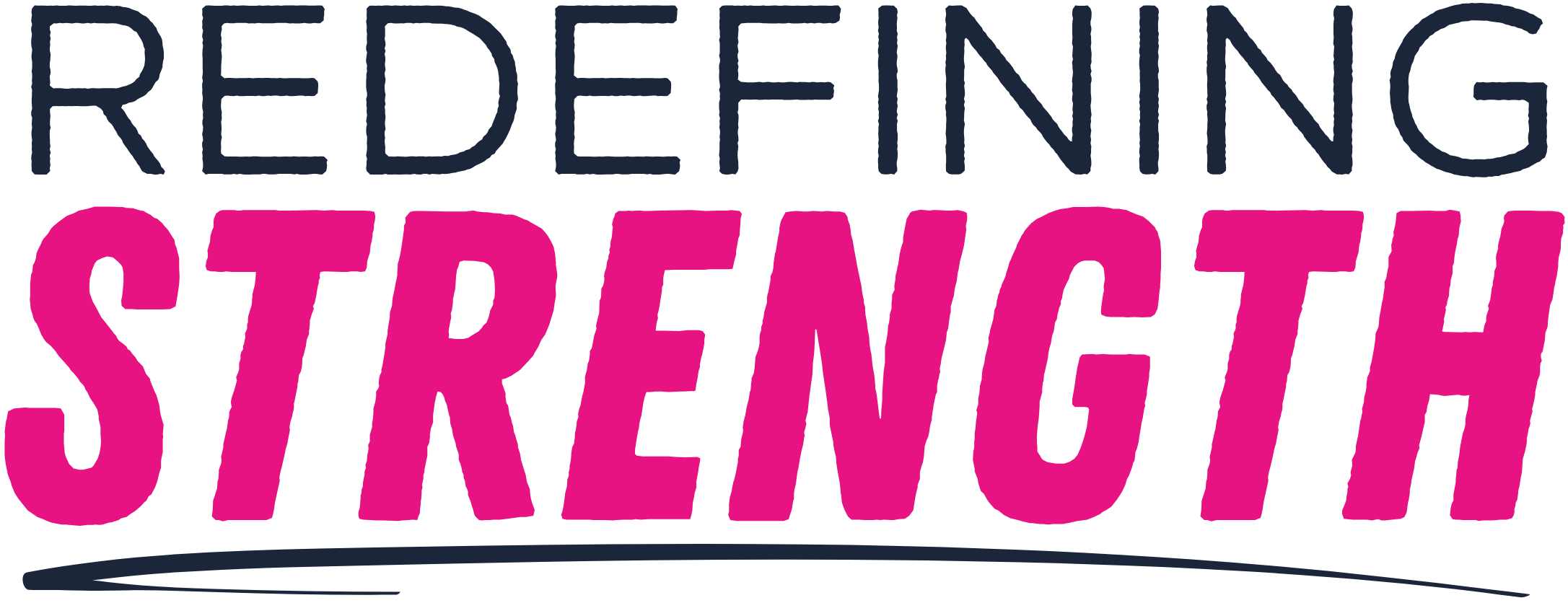
by Cori Lefkowith | Sep 11, 2025 | podcast
Listen: Change Requires CHANGE If you’re feeling stuck and know deep down that you could be doing better, don’t wait any longer. Your life is not going to change until you take action and make a bold move towards your goals. If you’re ready to take control of your...

by Cori Lefkowith | Sep 4, 2025 | podcast
Listen: Change Requires CHANGE If you’re feeling stuck and know deep down that you could be doing better, don’t wait any longer. Your life is not going to change until you take action and make a bold move towards your goals. If you’re ready to take control of your...

by Cori Lefkowith | Aug 28, 2025 | podcast
Listen: Change Requires CHANGE If you’re feeling stuck and know deep down that you could be doing better, don’t wait any longer. Your life is not going to change until you take action and make a bold move towards your goals. If you’re ready to take control of your...

by Cori Lefkowith | Aug 24, 2025 | Blog, Diet
Want to get leaner, stronger and feel your most fabulous with a lifestyle you love? Uhm HECK YES! Sounds too good to be true though…Right? Well the good news is…it’s 100% possible. But it does take embracing the learning process and focusing on 5 key nutritional...

by Cori Lefkowith | Aug 21, 2025 | podcast
Listen: Change Requires CHANGE If you’re feeling stuck and know deep down that you could be doing better, don’t wait any longer. Your life is not going to change until you take action and make a bold move towards your goals. If you’re ready to take control of your...







